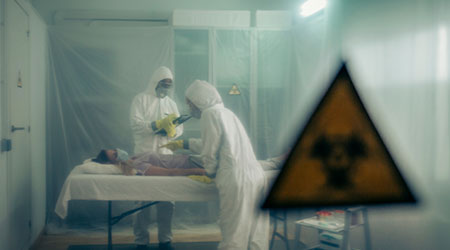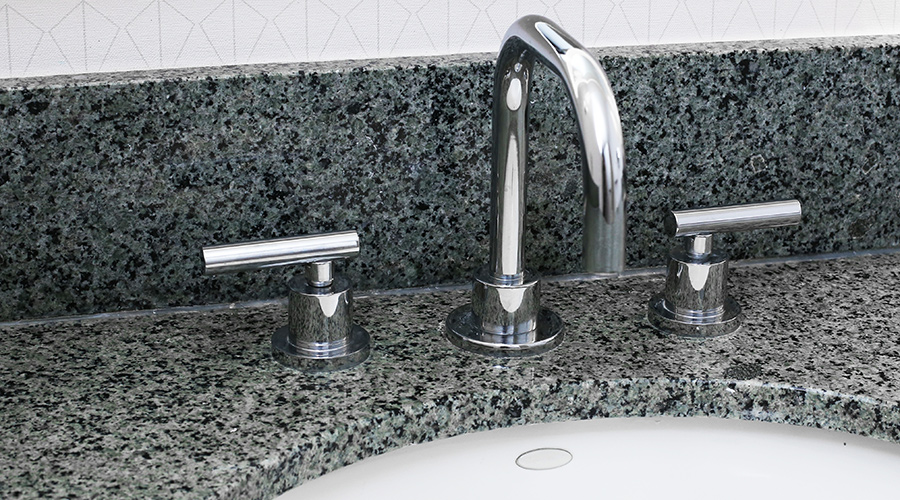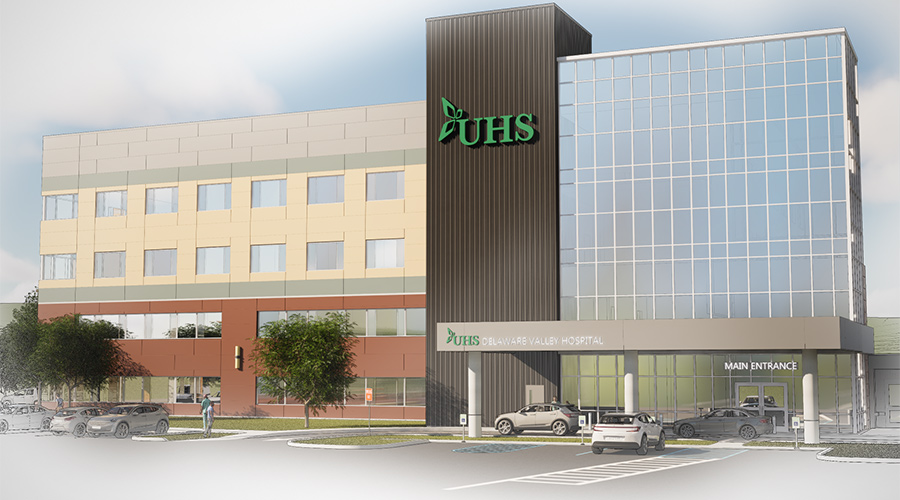As the epicentre of the outbreak in China, Wuhan city constructed 16 additional healthcare facilities, known as FangCang shelter hospitals, according to an article on The BMJ website.
Shelter hospitals have higher risks of nosocomial infection than general hospitals, so several strategies and approaches were applied in the Wuhan facilities.
There were no specific guidelines or consensus for infection prevention and control that could be followed, so specialized protocols and procedures were needed for the reconstruction of buildings and facilities; cleaning, disinfection, and sterilization of medical supplies; health worker and patient management; plus a range of contingency plans. Infection control specialists created.
Characteristics considered as the reasons for them being at greater risk of nosocomial infection: lack of administrative management experience, non-medical use buildings, temporarily enrolled health workers, and a high density of patients.

 From Downtime to Data: Rethinking Restroom Reliability in Healthcare
From Downtime to Data: Rethinking Restroom Reliability in Healthcare LeChase Building Four-Story Addition to UHS Delaware Valley Hospital
LeChase Building Four-Story Addition to UHS Delaware Valley Hospital AdventHealth Sebring Breaks Ground on Expansion Project
AdventHealth Sebring Breaks Ground on Expansion Project Regulations Take the Lead in Healthcare Restroom Design
Regulations Take the Lead in Healthcare Restroom Design AHN Allegheny Valley Hospital Opens Expanded Inpatient Rehabilitation Unit
AHN Allegheny Valley Hospital Opens Expanded Inpatient Rehabilitation Unit